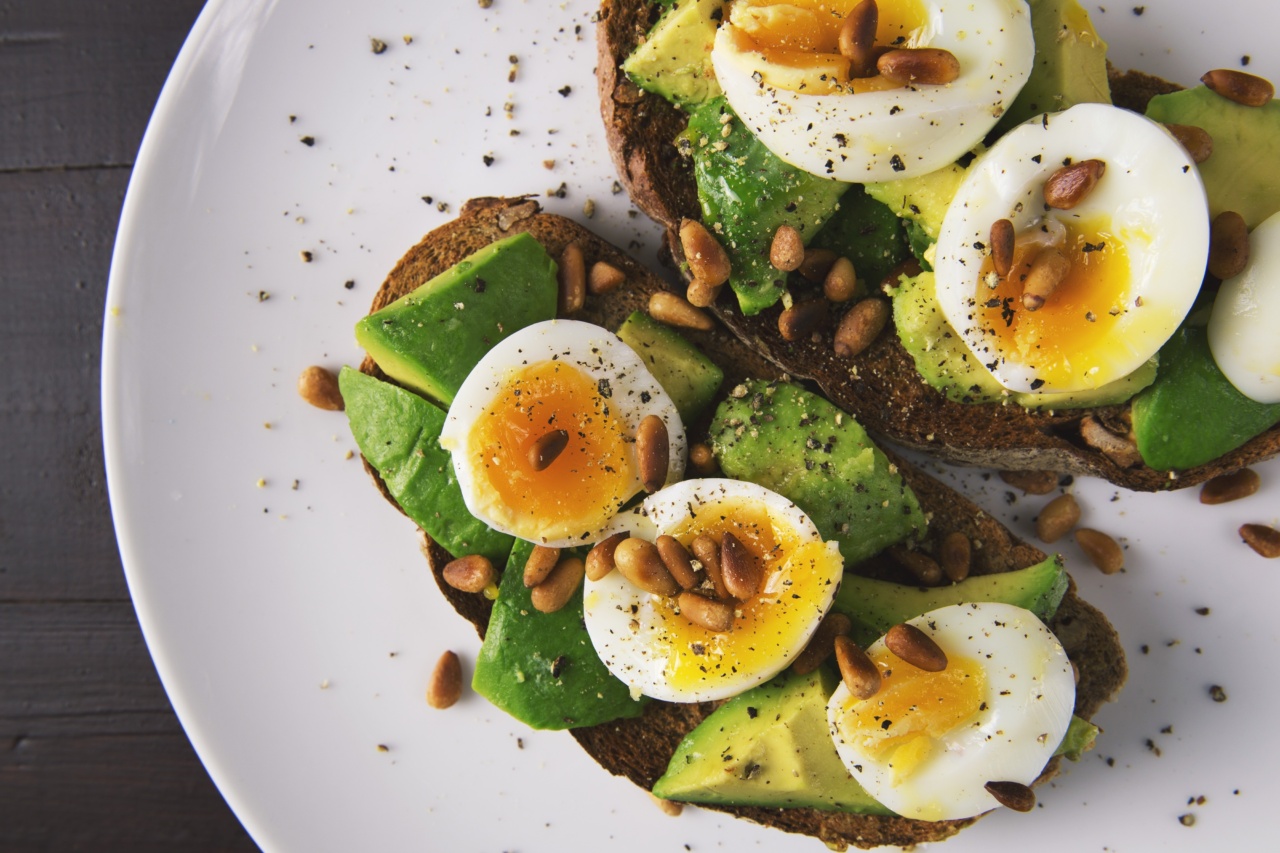Eggs are considered a superfood for children, and for good reasons. They are rich in protein, vitamins, and minerals that are essential for growth and development.
However, introducing eggs to your child’s diet can be tricky, especially if they have food allergies. In this article, we will discuss how to safely introduce eggs to your child’s diet and some easy egg recipes that children will love.
When Can I Introduce Eggs to My Child?
The American Academy of Pediatrics recommends introducing eggs to babies between 6-12 months of age, depending on their development and tolerance.
However, if your child has a family history of allergies, it is important to consult with a pediatrician before introducing egg whites. It is also advisable to introduce one food at a time and monitor your child’s reaction for three to five days before introducing another new food.
How to Safely Introduce Eggs?
When introducing eggs to your child’s diet, it is important to do it gradually to monitor any allergic reactions. You can start by giving your child a tiny piece of hard-boiled egg and observe them for any reactions.
If they tolerate the egg well, you can gradually increase the portion size and frequency. Here are some tips to safely introduce eggs to your child:.
: 1. Start with small portions
Introduce eggs gradually by starting with small portions to monitor your child’s reaction for allergic symptoms such as rashes, hives, vomiting, or diarrhea.
If your child has an allergic reaction, stop giving them eggs and seek medical attention immediately.
: 2. Serve cooked eggs
Egg whites can cause an allergic reaction, so it is best to introduce cooked eggs such as hard-boiled, scrambled, or omelets. Cooking eggs denatures the proteins that cause allergies and makes them more digestible for children.
: 3. Limit processed foods
Avoid giving your child processed foods that contain eggs such as cakes, cookies, or pastries as they may cause an allergic reaction. If you are unsure, read food labels carefully and avoid foods that contain eggs.
: 4. Use caution when introducing new foods
When introducing new foods to your child, it is best to do it one at a time and watch for any allergic reactions. If your child is allergic to food, it is best to avoid it.
Egg Recipes for Kids
Eggs are a versatile food that you can incorporate into your child’s diet quickly and easily. Here are some fun and easy egg recipes that your children will love:.
: 1. Scrambled eggs
Scrambled eggs are an easy and nutritious breakfast for kids. Cook the eggs until they are set and serve them with toast or fresh fruit.
: 2. Egg salad sandwich
Egg salad is a classic sandwich filling that your child will love. Boil the eggs, chop them, and mix them with mayonnaise, mustard, and celery. Spread the egg salad on bread and add lettuce or tomato, if desired.
: 3. French toast
French toast is a delicious and nutritious breakfast that kids will enjoy. Dip slices of bread in a mixture of beaten eggs, milk, and vanilla extract and cook them in a pan until golden brown. Serve with fresh berries or maple syrup.
: 4. Egg muffins
Egg muffins are a great snack or meals on-the-go. Beat eggs with spinach, cheese, and cherry tomatoes and pour the mixture into a muffin tin. Bake in the oven for 20-25 minutes until the eggs are set.
: 5. Deviled eggs
Deviled eggs are a fun and healthy snack for kids. Boil the eggs, cut them in half, and scoop out the yolks. Mix the yolks with mayonnaise, mustard, and paprika and spoon the mixture back into the egg whites.
Sprinkle with chopped chives or parsley, if desired.
Conclusion
Introducing eggs to your child’s diet is beneficial for their growth and development. However, you need to do it gradually and safely to avoid any allergic reactions.
Start with small portions of cooked eggs and avoid processed foods that may contain eggs. Incorporate eggs into your child’s diet by making them fun and easy recipes that they will love.































